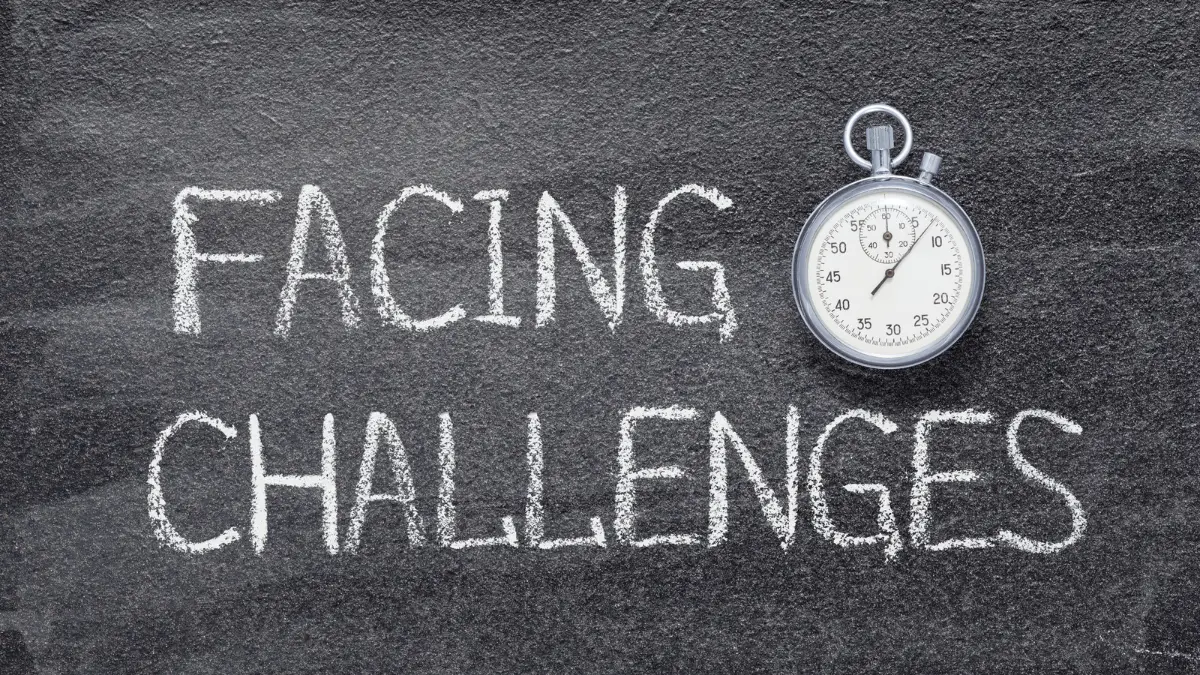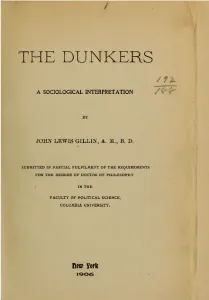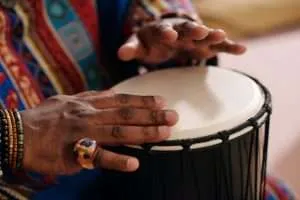What are the challenges of “Doing Sociology” outside the classroom in 2024?
In the Indian context, there are perceptions attached to all kinds of students. For instance, students who are able to crack the Indian Institute of Technology (IIT) entrance and enrol in an engineering course at an IIT, are seen as intelligent. The same is true for students of medicine. They become examples and role models of hard work, brilliance and merit. On the other hand, students who pursue courses in liberal arts, social sciences and humanities, are seen as less intelligent and less hardworking. Most often, in institutes and universities with mixed courses, both the faculty and students of science and technical courses think that their counterparts in arts, social sciences and humanities work less. There is this commonsensical perception that people in the latter disciplines are primarily freer.
These are age-old perceptions that have existed for a long time globally. But I want to talk about another kind of idea that is attached to students of social sciences, particularly Sociology. This is about students of Sociology being too ‘feminist’, ‘political’, ‘woke’ and ‘radical.’ Very often, these perceptions are manifested in conversations that we have with people from other disciplines, particularly natural sciences. Studying about society and its multifacetedness is not seen as educationally useful or worthwhile. Social sciences, humanities and liberal arts disciplines (including Sociology) are not seen as employable or skill-based. Instead, they are associated with the generation of critical political ideas.
Doing Sociology is “Too Feminist”
I will talk about a few examples to prove my argument. In many conversations with friends and family, I have often been told that ‘I am too feminist.’ This perception stems from the fact that I express ‘strong views’ on women’s issues. I am also seen as ‘too independent.’ All of these ideas about me are attached to my education as well as the institutions that I have studied. Educational institutions like Lady Shri Ram College for Women (LSR) and Jawaharlal Nehru University (JNU) are seen as liberal spaces that nurture ‘radical’ ideas like feminism. In another instance, a man I had interacted with only once on a social media site asked me if I was a feminist after I told him that I teach Sociology. A sister’s friend, too, made a similar comment after looking at one of my Facebook posts—that I am too much of a feminist.
Being a feminist is not seen as an ‘attractive’ quality in a woman. This is evident in certain matrimonial advertisements by grooms and their families, specifically stating the requirement for a ‘non-feminist’ bride. One can also find these perceptions being represented in media portrayals. There have been television serials and web shows that embody women pursuing Sociology as ‘non-compliant’ and ‘rebellious.’ What is interesting is that it is primarily women who bear the brunt of these stereotypes. It is also a reflection of how courses like Sociology are perceived as dominated by women. This is particularly true for courses like Sociology of Gender (which if offered as an elective) in which one barely finds male students in the classroom.
Doing Sociology is “Too Political”
Being a feminist is, however, not the only stereotype that is attached to students of Sociology. They are also seen as too ‘political’ and their politics as left-oriented, radical and woke. In fact, in a recent controversy in which Florida eliminated Sociology from its list of core courses, the education commissioner cited that ‘Sociology has been hijacked by left-wing activists.’ This perception that Sociology is ‘left-leaning’ is visible even in the Indian context. Sociology students get branded as ‘leftists,’ ‘Marxists’ and ‘communists.’ For instance, a lot of people have called me a ‘leftist’ although I have never had any kind of association with the left.
However, it is not just terminologies that reflect people’s perceptions. It’s also in everyday conversations. Asking questions and not taking things at face value often makes people uncomfortable. They see it as a sign of ‘being political.’ In a classroom conversation, one of my students said that even writing a negative review of the mess food is seen as critical. It is not taken nicely by both the other students and mess authorities. The same is true if any other decision—fee hike, monitoring students and surveillance— of an educational institution is questioned. Questioning becomes a ‘political’ act.
It’s also interesting how such ‘political’ conversations are not seen as appropriate dinner table conversations. One has often been told not to bring ‘political matters’ to discuss during family or leisure time. Having an opinionated mind is seen as a sign of being ‘politically active.’ This can create boundaries between students of Sociology in particular and social sciences in general and others who can find it difficult to have conversations. This is also reflected in social media discourses. Historians, sociologists, anthropologists, political scientists and economists among other social scientists are not seen as experts or ‘specialists.’ These disciplines are undervalued and associated only with the generation of political activism.
Undoing Sociology?
Thus, one is often asked to keep one’s views and perspectives aside in social settings and conversations. It is seen as a mechanism to avoid conflict and unpleasantness. If not heeded, sociologists can also face hostility. This is also happening at an institutional level—from universities and states.
I see avoiding conversations and engagements as antithetical to the very act of doing Sociology itself—because one has to engage in the undoing of the sociological imagination. It then raises a very significant question—if we ‘undo’ Sociology outside the classroom, can we ever be public sociologists? Is Sociology then only to be ‘done’ inside the classroom? While I do not have definite answers to these questions yet, I certainly think that perceptions about Sociology and social sciences create challenges to doing Sociology outside the classroom.







